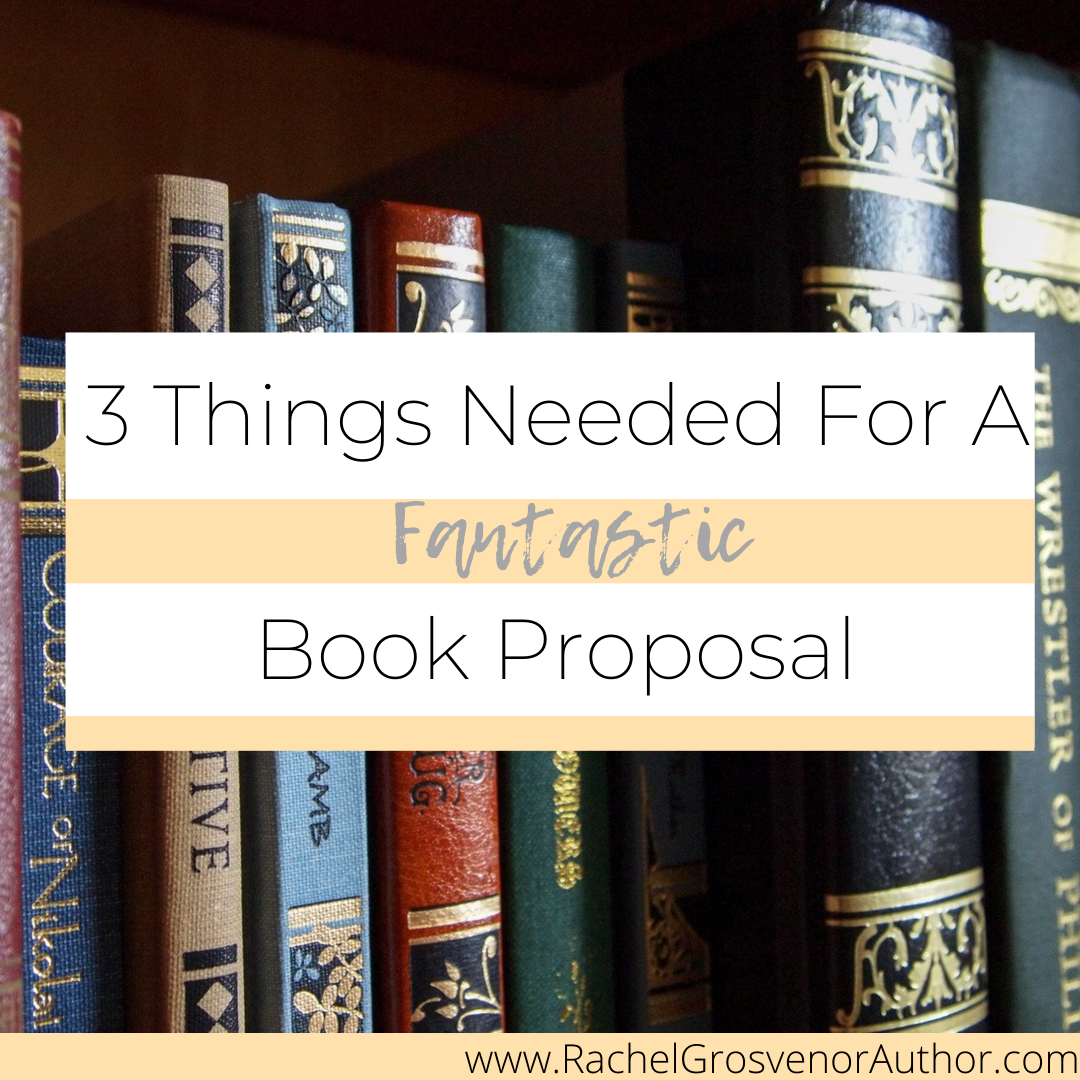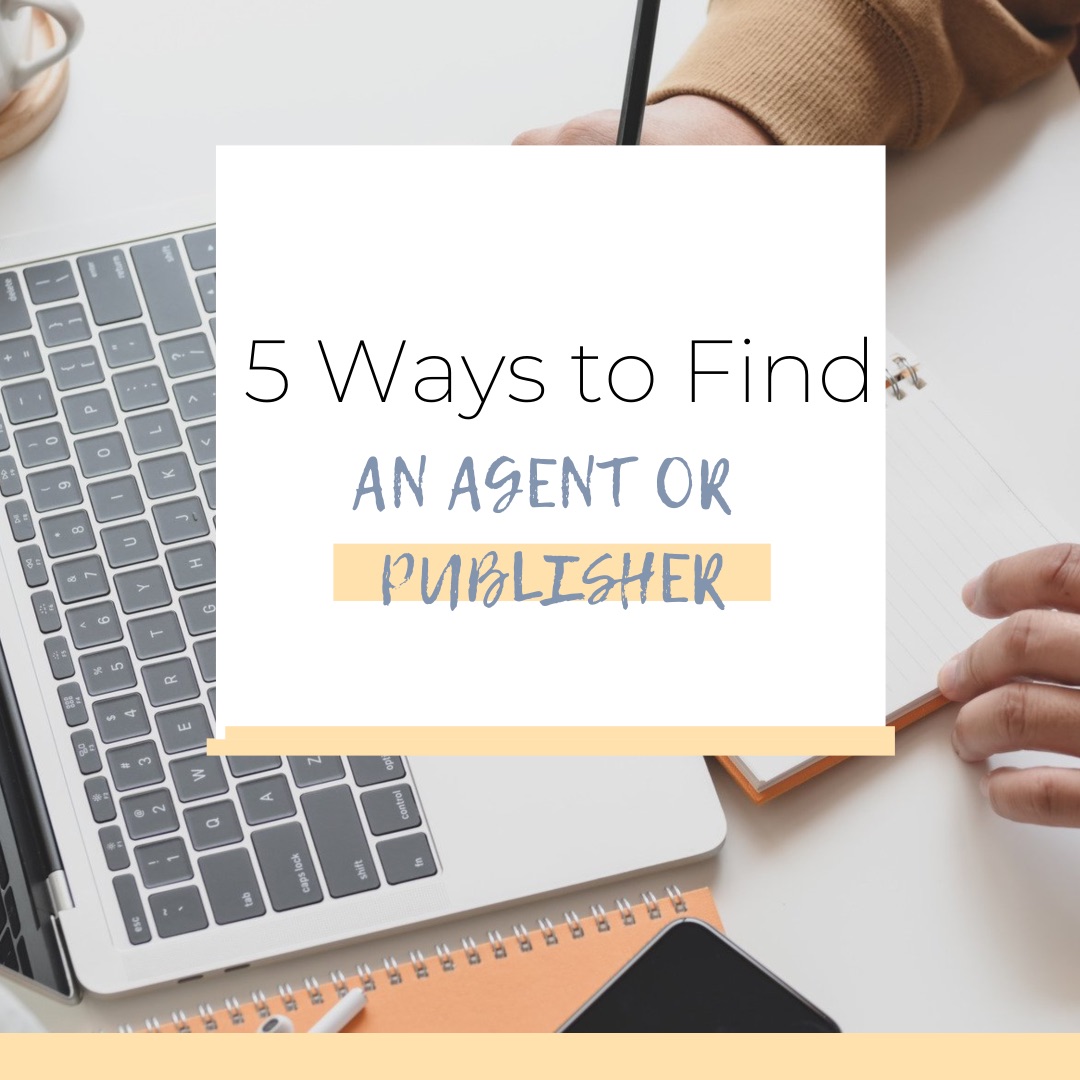Are you getting ready to write a fantastic book proposal? It might be that you are looking to query, submitting to Pitch Wars, or perhaps struggling to write your blurb or pitch. Whichever it is, it can be hard to see our novels clearly when we are so close to them. In fact, I believe that this is why writers often find writing a blurb, pitch or query so tricky: we know the entire story, and it’s hard to whittle down all that information.
So, when it comes to writing a book proposal or whittling down those words to a pithy elevator pitch…what should we include?
1: A description that makes the listener/reader sit up and take notice.
This is your opportunity to really get your story across. So, think about the following:
What is your main character’s problem, the conflict that they are dealing with?
What is their drive to overcome this?
Who or what is standing in their way?
Why does it matter?
Getting across these elements to the listener will make them want to know more. You do not need to tell them the spoilers; keep those for the synopsis. Whet their appetites by telling them just enough to make them want to read the work.
2: The Vital Information.
What is the vital information? Your genre and word count. You can add these into your pitch to preempt the post pitch questions, proving to the listener that you have come prepared and understand what you have written. The listener may go on to ask you something along the lines of ‘Where would this book fit in a bookshop?’
This question is designed to help them understand how much you know about your genre, so prepare the answer ahead of time.
3: Why you, and why now?
These are two excellent questions to think about ahead of time, and preparing an answer will help you get across the urgency of their requesting to see the entire manuscript. To go deeper into these two short questions:
Why is this book relevant for this person?
Why is now the right time to publish?
What stage is the manuscript in?
Why have you written the novel?
So, now you know. Include these three things for a fantastic book proposal!
A few weeks ago, a great writer hired me to help her ahead of some agent meetings. After a coaching session, a synopsis to pitch re-write and edit, and some research – she delivered two successful pitches and had manuscript requests from both. If you are looking for some help in the same area, get in touch today. Together, we can tighten up your pitch!
Found this useful? Share it with another writer!
Looking for a similar read? Check out the following:
Three Things to Avoid When Querying Literary Agents
Five Ways to Find a Literary Agent or Publisher
When to Follow Up With A Literary Agent or Publisher







